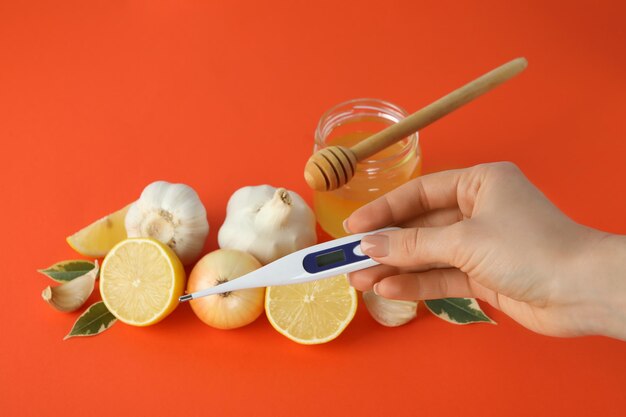Your Guide to Can a Diabetic Eat Honey
What You Get:
Free Guide
Free, helpful information about Diabetes FAQ and related Can a Diabetic Eat Honey topics.
Helpful Information
Get clear and easy-to-understand details about Can a Diabetic Eat Honey topics and resources.
Personalized Offers
Answer a few optional questions to receive offers or information related to Diabetes FAQ. The survey is optional and not required to access your free guide.
Should Diabetics Enjoy Honey? Here's What You Need to Know
Diabetes and the Sweet Truth About Honey
For many people with diabetes, navigating dietary choices can be a complex task. The sweet allure of honey, natural and straightforward, often poses the question: Can diabetics safely consume honey? The answer isn’t as straightforward as one might hope, but understanding the science and recommendations can pave the way for informed decisions that contribute to better health management.
The Glycemic Index Factor
Honey, unlike refined sugar, which is often perceived as a villain in the diabetic diet, has a slightly lower glycemic index (GI). The GI is a measure of how quickly foods raise blood sugar levels. Honey typically scores between 45 and 64, depending on its type, which is lower than table sugar. Despite its natural origins, honey still contains glucose and fructose, sugars that can influence blood sugar. Moderation is key when considering honey as a sweetener for those managing diabetes.
Nutritional Benefits vs. Risks
Aside from its sweet profile, honey offers several potential health benefits. It contains antioxidants, vitamins, and minerals, although in relatively small quantities. For diabetics, the question isn't only about nutritional benefit versus blood sugar impact, but also how to fit honey into a balanced diet that accounts for total carbohydrate intake. Consulting with a healthcare professional can provide personalized guidance and ensure that adding honey doesn't disrupt your blood sugar management plan.
Practical Tips for Including Honey
If you're considering integrating honey into your diet, here are some practical tips:
- Consult Your Dietitian: Discuss how honey can fit into your dietary plan without exceeding your carbohydrate goals.
- Monitor Portion Sizes: Use honey sparingly, considering its carbohydrate content.
- Mix with Fiber and Protein: Combine honey with high-fiber or protein-rich foods to possibly mitigate its impact on blood sugar.
- Test Blood Sugar Levels: Keep track of your blood sugar responses after consuming honey to understand your body’s reactions.
Exploring a Healthier Balance
Finding the right balance of foods is essential for managing diabetes. While it's possible to enjoy honey in moderation, many diabetics benefit from focusing on comprehensive lifestyle adjustments that include access to financial or educational support resources, which help alleviate the stress associated with managing a chronic condition.
Government programs and various organizations offer aid to ensure diabetics not only have access to necessary medications and healthcare but also education on maintaining a healthy lifestyle. Beyond nutritional choices, financial assistance can further empower individuals to seek out healthier food options.
Unlock Opportunities for Support
Here are some avenues that may offer support:
- 🏥 Medicaid/Medicare: Health programs providing coverage that may help with diabetes-related expenses.
- 💼 Supplemental Nutrition Assistance Program (SNAP): Offers help with food purchases, enabling healthier food choices.
- 📘 Educational Grants: Financial resources for diabetic education and cooking classes focused on healthy dieting.
- 💳 Credit Counseling Services: Guidance on financial management for healthcare expenses.
- 📅 Local Community Programs: Often host events or workshops on maintaining a balanced diet for diabetes.
Incorporating honey into a diabetic's diet requires careful consideration and balance, just as effectively managing diabetes involves utilizing a range of available resources. By combining dietary mindfulness with financial and educational support, those with diabetes can aim for a healthier lifestyle that helps maintain their glucose levels and enhances their quality of life.
What You Get:
Free Diabetes FAQ Guide
Free, helpful information about Can a Diabetic Eat Honey and related resources.

Helpful Information
Get clear, easy-to-understand details about Can a Diabetic Eat Honey topics.

Optional Personalized Offers
Answer a few optional questions to see offers or information related to Diabetes FAQ. Participation is not required to get your free guide.


